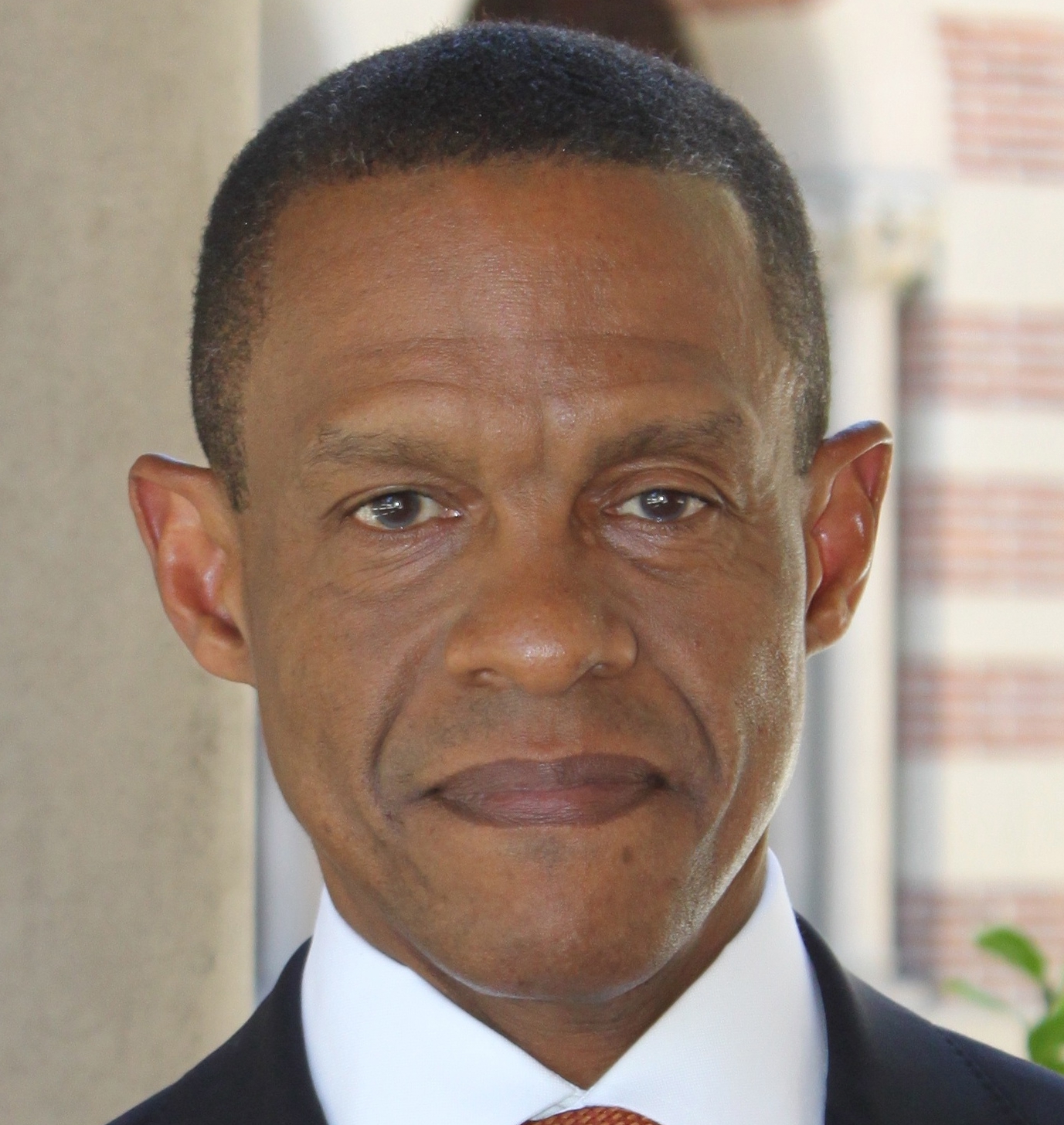On September 11, 2000, a U.S. astronaut and Russian cosmonaut took the walk of a lifetime, 11 stories up the International Space Station as it barreled though the heavens 230 miles above the earth – just another day for them, the United States and much of the world. I was in Orlando on business and met Doug Karpiloff, who was the security director for the World Trade Center. He promised to give me a personal tour of the observation deck atop the WTC. One year later, Doug and thousands of others would be gone.
I remember Sept. 11, 2000, because of Doug and what happened a year later. For most of us, what happened one year before the attack is probably difficult to remember. It was just another day.
Sometimes it seems like as a country, we have remembered the date but lost the lesson. Every day is common until the unthinkable occurs, and when it happens, collective efforts are what help us bounce back, in most cases stronger than before.
Yet, as we approach the tenth anniversary of the 9/11 attacks, America is more polarized than it has been in a generation. Looking back over the last decade, it’s clear we’ve allowed the unity that followed the September 11 tragedy to disintegrate. Yet, the threat of terrorism is no less present or pressing – there have been 180 jihadi attacks since 9/11, 17 of which were on American soil.
The vast bodies of water on our country’s coasts were once sufficient to halt attacks on the homeland, threats our overseas partners had battled for decades. After 9/11, the unity and response from the international community was unprecedented. On September 12, 2001, NATO’s 19 member states invoked for the first time Article 5 of the Washington Treaty, which declares, an armed attack on one member is an attack on all.
The death of Osama bin Laden, though significant, represents the end of the beginning. This is a leadership moment. Americans should hear the truth about the terrorist threats we face and how we can mobilize to detect and deter future attacks. The “risk-based and intelligence-driven” network media talking points, offered by our government agencies as an explanation for a continuing series of security calamities, are insulting and continue to erode the public trust.
Here are the facts: In 2009 alone, U.S. authorities foiled at least six terrorist plots; there have been at least 30 planned terrorist attacks on United States soil since September 11, 2001. All were thwarted by law enforcement save two – the separate in-flight incidents where passengers and flight attendants subdued “shoe bomber” Richard Reid in 2001 and “underwear bomber” Umar Farouk Abdulmutallab in 2009. None of these plots involved biological, chemical or nuclear components.
Overall, the system is working. Shared intelligence, hard work and luck have yielded positive results. Unfortunately, government threat advisories still tell us to “remain vigilant,” but about what? This is another pointless sound bite unless the public is armed with relevant information and direction. Fear is the lifeblood of the terrorist threat. Information is the antidote.
Unfortunately, we will get hit again. This is not fear mongering nor a crystal ball prediction. It’s risk management and an unfortunate reality that America’s terrorist enemies will eventually land another blow. Luck has been a factor in resisting terrorist attacks on the homeland thus far, accompanied by operational failures and incompetence on the part of the terrorists. Our dedicated security specialists cannot stop all threats, and our luck will eventually run out. We cannot control the threat, but we can control our reaction. There is a difference between being a victim or a volunteer.
President Obama’s comment in the recently released White House report, “Empowering Local Partners To Prevent Violent Extremism in the United States” could not have captured the heart of the matter more accurately. He said:
“As we approach the 10th anniversary of the September 11 attacks, we remember that al-Qa’ida tried to spark a conflict between faiths and divide us as Americans. But they failed.”
The goal for all of us should not be to remember 9/11 as an anniversary of tragedy, but to honor the people who died in New York, Pennsylvania and Virginia by building relationships and working together, at home and abroad, even when it’s just another day.


